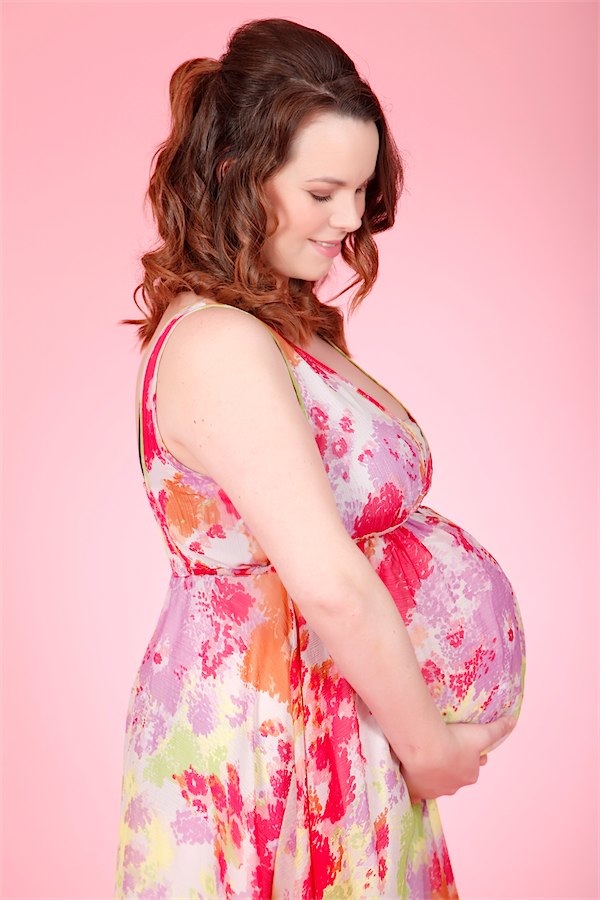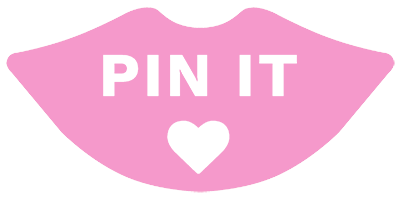Every expectant mother wants the best for her unborn child, so it’s very natural for pregnant women to worry about anything and everything they eat, drink, and do while pregnant. One of the most obvious areas of concern, given how much of it we need to consume on a daily basis, is the water drunk during pregnancy. What type of water should expectant mothers be drinking while they’re awaiting their little bundle of joy? Well, there are many factors to consider, and the answer is not as simple as one might imagine.
In order to really tackle this question, we need to consider some basic water chemistry, how water interacts with growing cells, as well as considering the vastly diverging states of water quality around the world. Water quality is an extremely complex topic, and there are no easy or universal answers to questions of water safety.
The Importance of Hydration During Pregnancy
Water plays an essential role in just about every major physical system in our bodies, and it is a crucial ingredient in healthy cell and organ growth at every process of human development. The most important single period, in terms of physical development, of any human being’s life is the nine months they spend in the womb–this amazing period is so rife with physical activity and generation that developments and changes are happening moment by moment. Without clean, safe water, and good reliable nutrition, your baby cannot grow properly in the womb. Obviously, if conditions are bad enough, the result will be a miscarriage or severe medical issues for both mother and baby, but smaller-scale damage occurs as a result of malnutrition and the intake of any contaminants, pollutants, or poisons. Unfortunately, contaminants have a nasty habit of finding their way into water, due to water’s unique properties as a solvent.
Overview of Common Contaminants in Tap Water
Water is the most diverse and capable solvent on the planet, meaning that it excels at breaking things down into their constituent components, down to the molecular level. Dissolved contaminants are then said to be “in solution,” in water, meaning that they are not visible as particulate, but are chemically intertwined with the hydrogen and oxygen molecules. Common contaminants in water include bacteria, viruses, and parasites, a wide variety of minerals, some toxic, some helpful to our bodies (in limited quantities), volatile organic compounds, chlorine and other disinfectants put in by municipal treatment plants to kill microbial threats, and a whole range of new and emerging contaminants, such as PFAS (water-repellent synthetics used in everything from cosmetics to pizza boxes), and microplastics.
Contaminants are everywhere, and they end up getting into water as a matter of nature. There is nothing we can do to stop water from taking on contaminants–all that we can do is try to effectively treat and filter the water before drinking it.
Potential Risks of Tap Water During Pregnancy
Whether or not tap water is risky for pregnant women depends entirely on the tap water in question. There simply is no clear “yes” or “no” answer to this question–it all depends on local water conditions. Can tap water be safe to drink for pregnant women? Certainly–in many developed countries with robust centralized water treatment infrastructure, women drink tap water throughout their entire pregnancies and experience no issues whatsoever. Can tap water be dangerous for pregnant women? Certainly–in countries lacking such infrastructure, with known water quality issues, tap water should be avoided by everyone, pregnant women most of all. If you live in an area with questionable tap water, then you will need to do some research on precisely what is in your tap water, and decide for yourself what risks you wish to take, but in general, if there is any concern over the quality of a given water source, pregnant women and small children in particular, should avoid drinking it.
Tap Water vs. Filtered Water: Is There a Difference?
“Tap Water” and “Filtered Water” are both highly generic, and generally unhelpful terms. Tap water can be good or bad, depending on the water treatment infrastructure, the current state of an area or home’s plumbing, nearby industrial or agricultural activities, unexpected weather, and a host of other things. “Filtered water” is equally unhelpful as a term, because there are many ways to filter water, from something as basic as pouring it through a sheet or piece of paper, to running it through a highly pressurized reverse osmosis membrane. There are many different technologies that make up “water filtration;” common types of water filters include sediment filters, which trap particulate matter, activated carbon filters that are adept at removing chlorine and dissolved chemical content in water, and reverse osmosis membranes, that force water through microscopic pores to strain out impurities at the molecular level. These filter types generally work best in tandem with one another, with the combination of sediment, carbon, and RO filters being a common setup for under sink filtration units.
Benefits of Drinking Tap Water if Safe
Despite the risks associated with certain, inadequately treated tap water, the vast majority of the tap water in the United States and other developed countries is perfectly safe for everyone to drink, including pregnant women and small children. The benefits of being able to rely on tap water when available come down to economic reasons: tap water is readily available, and relatively inexpensive compared to buying bottled water, or investing in a costly filtration system that requires regular filter replacements.
How to Ensure Tap Water Safety
The best way to make sure that your tap water is safe to drink is to inform yourself on what is in your tap water. If you live in the United States, then the best place to start is by checking the most recent federally mandated water quality report for your city or municipality. These reports are published annually, and contain detailed information on all federally monitored recognized contaminants, along with a wealth of other information. For more detailed information on your specific water, you can mail a sample of your tap water to a laboratory for chemical testing.
Alternative Safe Drinks During Pregnancy
If you lack access to safe tap water during your pregnancy, then you will need to find bottled water, a filtered water delivery service, or another safe drink such as coconut water, milk, or any other drink that has been processed to ensure safety from microbial threats or other contamination.
Expert Opinions
Water from treated municipal plants in the United States are monitored and enforced by the Environmental Protection Agency, who follow rules laid down by US Congress. In the United States, all water that meets federal drinking water regulations is deemed safe to drink by pregnant women, as well as everyone else. If you are on well water, however, then you should have your water tested regularly, as it falls outside of municipal plant treatment zones.
The Bottom Line?
For most women in the United States, municipally treated water is perfectly safe to drink all the time, whether pregnant or not. If you live in an area with unsafe or uncertain tap water, however, then don’t take the risk–buy a robust water filtration system sufficient to deal with the contaminants in your water, or buy bottled water or other safely treated potable drinks like milk or coconut water.




